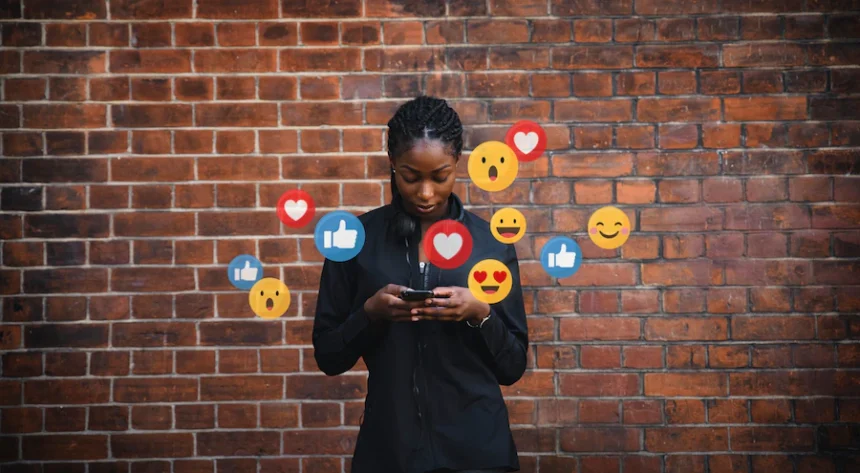Social media has become an integral part of the daily lives of teenagers worldwide, including in South Africa. It offers numerous benefits, such as connectivity, information sharing, and creative expression. However, it also poses potential risks, particularly when it comes to the mental health of South African teenagers. Understanding the impact of social media on their well-being is crucial in order to promote healthy online behaviors and support positive mental health outcomes.
In South Africa, where internet penetration and smartphone usage are on the rise, social media platforms have become popular among teenagers. These platforms allow them to connect with friends, express themselves, and explore various aspects of their identity. However, the constant exposure to social media can also have negative effects on their mental health.
One of the primary concerns associated with social media use among South African teenagers is the potential for increased feelings of loneliness, anxiety, and depression. Comparing oneself to the carefully curated lives and images presented on social media can lead to negative self-perception and a sense of inadequacy. Teenagers may feel pressured to conform to unrealistic beauty standards, achievements, and lifestyles portrayed on these platforms, which can take a toll on their self-esteem and overall mental well-being.
Moreover, cyberbullying is a significant issue affecting teenagers’ mental health in South Africa. Social media provides a platform for anonymous or semi-anonymous harassment, spreading rumors, and targeted attacks. Victims of cyberbullying may experience heightened anxiety, depression, and social isolation, negatively impacting their mental health and overall quality of life.
Another concern is the addictive nature of social media. Excessive use of social media platforms can lead to decreased productivity, disrupted sleep patterns, and an overall preoccupation with online activities. This constant engagement with social media can be detrimental to teenagers’ mental health, as it may interfere with their ability to engage in real-life social interactions, pursue hobbies, and focus on academic responsibilities.
Despite these challenges, social media can also play a positive role in supporting teenagers’ mental health. Online communities and support groups provide spaces for sharing experiences, seeking advice, and finding solace in the knowledge that they are not alone in their struggles. Social media platforms can also be used to raise awareness about mental health issues, promote self-care practices, and encourage positive mental well-being.
To address the impact of social media on South African teenagers’ mental health, a multi-faceted approach is necessary. Firstly, promoting digital literacy and media literacy among teenagers is essential. They need to be equipped with the knowledge and critical thinking skills to navigate social media responsibly, identify potential risks, and make informed choices about their online behaviors. Schools, parents, and community organizations can collaborate to provide educational programs and workshops on responsible social media use and digital citizenship.
Additionally, open communication channels between parents and teenagers are crucial. Parents should engage in regular conversations about social media use, online safety, and the potential impact on mental health. Establishing boundaries, setting screen time limits, and encouraging offline activities and hobbies can help strike a balance between online and offline experiences.
Social media platforms themselves also have a role to play in promoting healthy online environments. They should prioritize user safety, implement effective reporting mechanisms for abusive content, and invest in AI technologies to detect and address cyberbullying. Platforms can also provide tools and resources for users to manage their screen time and engage in more positive and meaningful interactions.
Furthermore, mental health support services need to be easily accessible for teenagers who may be struggling with the negative impact of social media. School counselors, mental health professionals, and helplines should be equipped to address the specific challenges associated with social media use and provide appropriate guidance and support.
Social media is an ever-evolving aspect of teenagers’ lives, and its impact on mental health cannot be overlooked. By fostering a culture of responsible use, promoting digital literacy, and providing support systems, South Africa can mitigate the negative effects of social media and harness its potential as a tool for positive mental well-being. It is crucial to create a balanced approach that allows teenagers to enjoy the benefits of social media while safeguarding their mental health and overall well-being.










